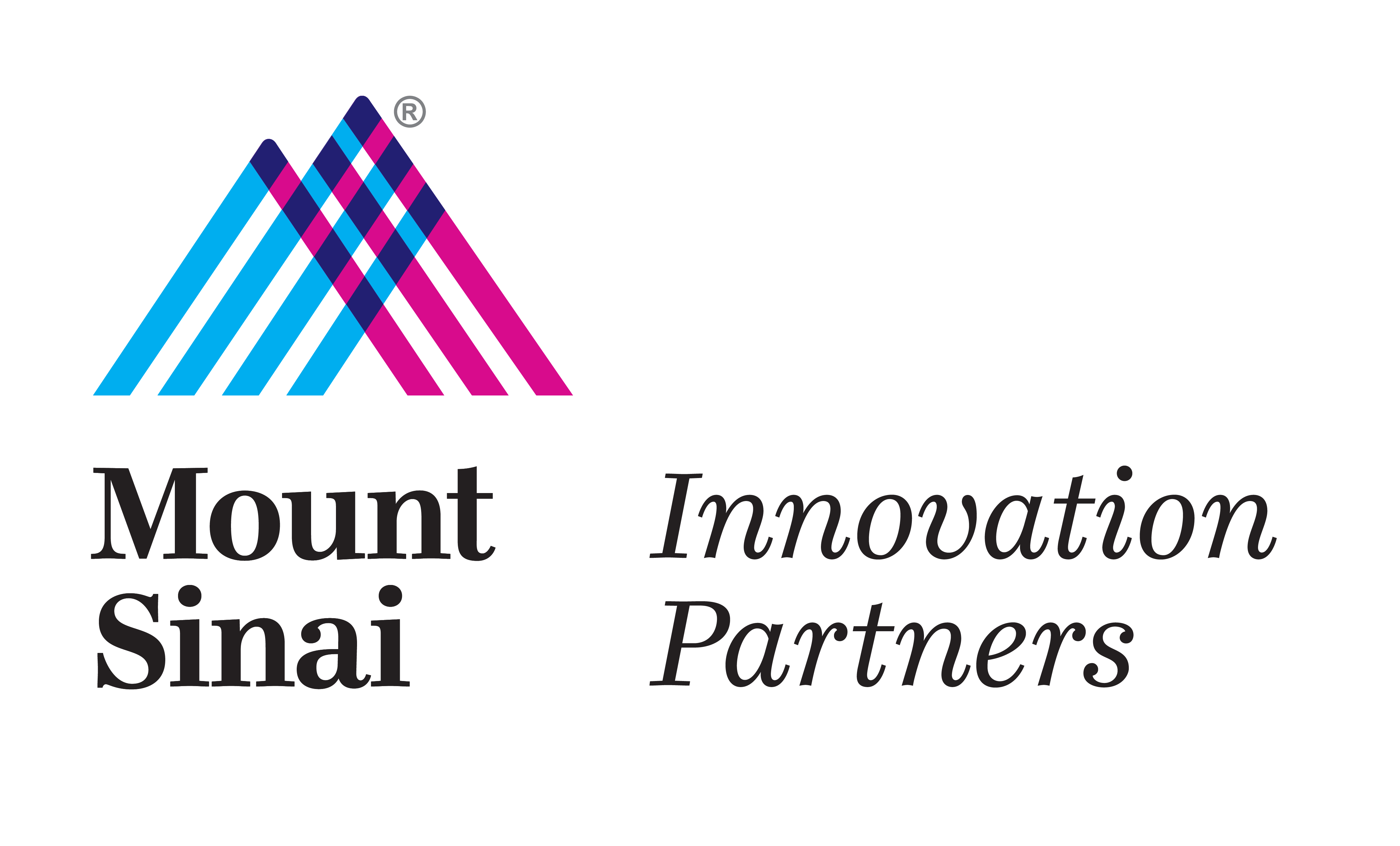GENE-SIGNATURE FOR DIAGNOSIS OF EARLY HEPATOCELLULAR CARCINOMA
The incidence of hepatocellular carcinoma (HCC) is 750,000 new cases globally, it is the second leading cause of cancer-related death and represents a major health problem. When identified at early stages, curative treatments such as resection, transplantation and percutaneous ablation are feasible. …
HYBRID FUSION PROTEIN TRANSCRIPTION REGULATOR – A NOVEL ANTIVIRAL THERAPY
Background: Two families of transcriptional regulators, members of the “signal transducers and activators of transcription” (STAT) and “interferon regulatory factor” (IRF) families, work in conjunction to establish a cascade of gene regulation and signal transduction events that lead to transcriptional activation of …
IDENTIFYING THE SUBTYPES OF LEUKEMIA BY CHARACTERIZING THE MUTATIONS OF THE PTPN11 GENE
Intracellular signaling pathways mediate cellular responses to a variety of extracellular signals and dysregulation of such pathways, especially those involved in cell growth and differentiation, is the main cause of cancer. The RAS family of proteins plays key roles in signal transduction, …
EXPANDED CORD BLOOD STEM CELLS FOR USE AS TRANSPLANTATION GRAFTS
Scientists in Drs. Hoffman and Chaurasia’s laboratories have developed a novel approach to substantially expand the numbers of functional Cord blood (CB) hematopoietic stem cells (HSCs) while maintaining true stem cell engraftment capability. Cord blood (CB) cells that express CD34 have extensive …
NOVEL HIGH THROUGHPUT SCREEN TO IDENTIFY REGULATORS OF UBIQUITIN LIGASE ACTIVITY
Protein ubiquitination, a multi-step process utilizing a cascade of three enzyme classes (E1, E2 and E3), tightly regulates cellular protein turnover. It plays a key role in cellular proliferation and inflammation and is associated with a multitude of diseases, including cancer, metabolic …
LOW DOSE PROTEASOME INHIBITOR SENSITIZES PI3K RESISTANT CANCERS TO TREATMENT WITH PI3K PATHWAY INHIBITORS
Resistance to PI3 kinase pathway inhibitors can occur through changes in cancer signaling pathways. “Priming” with subtherapeutic doses bortezomib leads to activation of and reliance on the PI3 kinase pathway, making cancers susceptible to PI3 kinase pathway inhibitors. Dr. Ross Cagan and members …
MODIFIED VERO CELLS WITH SUPPRESSED INNATE IMMUNE RESPONSES AND ENHANCED VIRUS PRODUCTION
Dr. Chris Basler and colleagues have developed a stable cell line with enhanced virus replication and production efficiency. The Vero 76 cell line (ATCC No. CCL-1587) has been widely used for cell-based research and product development (1, 2, 4). Several characteristics of …
NOVEL BROMODOMAIN (BRD4) SMALL MOLECULE INHIBITORS FOR TARGETED TREATMENT OF CANCER
Bromodomain-containing proteins function as chromatin modifiers and mediators of protein-protein interactions, controlling gene expression. BRDs have been functionally implicated in numerous disease processes, including cancer, and small molecule inhibitors have been developed with some advancing to early clinical trials in cancer. BRD4 …

